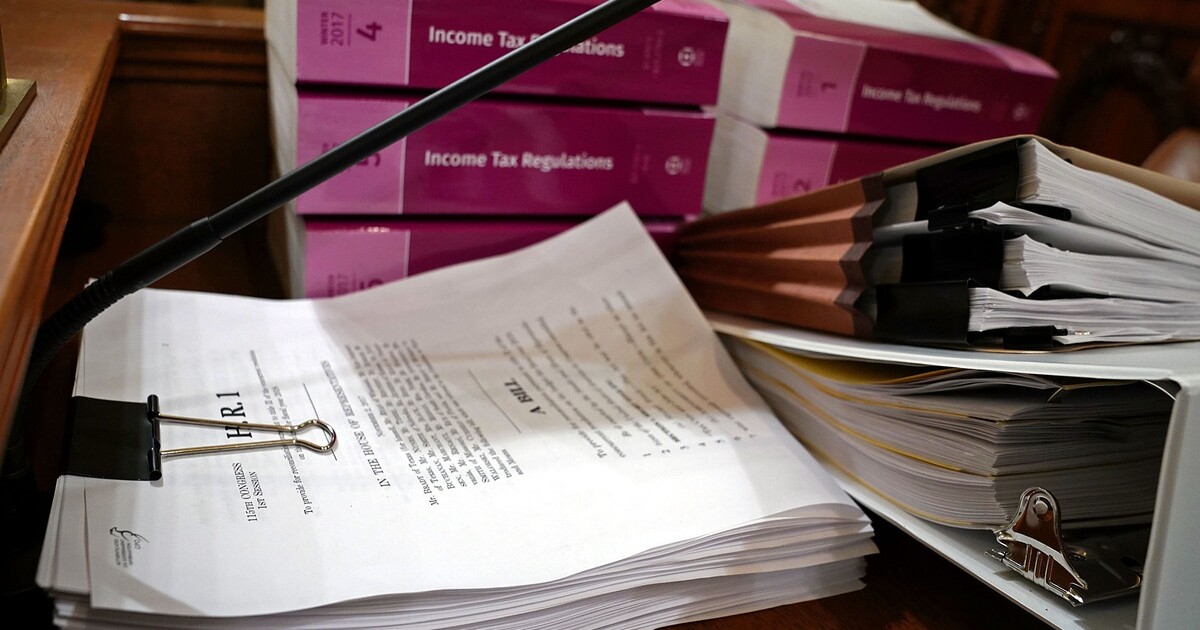As we enter the beginning of 2025, bonus depreciation continues to leverage down as more portions of the Tax Cuts and Jobs Act expire. Bonus depreciation was one of the significant provisions in the TCJA, with 100% bonus depreciation by the end of 2022. Unfortunately, this was a temporary provision, and the amount of bonus depreciation started leveraging down by 20% per year in 2023; going into 2025, the bonus depreciation rate will be 40%.
To understand how to make decisions, it is essential to understand how bonus depreciation works. Bonus depreciation is an acceleration of depreciation adjustments into the first year. Eligible property includes assets with a life of 20 years or less. This can include personal property, land improvements and qualified improvement property. Critical to the availability of bonus depreciation for many taxpayers is that the TCJA extended bonus depreciation to used and new property. This means a taxpayer purchasing an existing warehouse can use bonus depreciation to accelerate the land improvements, such as the parking lot and any personal property acquired along with the property.
Unfortunately, with bonus leveraging down, the value of this accelerated depreciation deduction is lessened. Going into 2025, the bonus depreciation rate is only 40%; this means that a taxpayer who purchases a parking lot for $100,000 would get a $40,000 bonus depreciation expense, and the remaining $60,000 would be depreciated over 15 years at a 150% declining balance method.
One of the main goals of the incoming administration is to bring back the TCJA policies; this will likely include reinstatement of 100% bonus depreciation moving forward. It is important to note that this will likely only impact assets acquired after the law is enacted. If we look at past extensions of bonus depreciation, they have been prospective only. For example, when the TCJA came out in 2017, property acquired after Sept. 27, 2017 was eligible for 100% bonus depreciation. However, assets acquired before that date were subject to the old rules. What does this mean for businesses in 2025?
Unfortunately, businesses acquiring assets before the anticipated announcement of the new regulations will most likely be subject to the current bonus depreciation amounts. Even if a taxpayer delays placing an asset in service, they will most likely be subject to the current rules, as the new law will look at when the taxpayer was under contract or started construction.
For taxpayers completing projects in early 2025 or even 2024, what are some options to expand the value of expensing? One option for many taxpayers is to look closely at 179 expensing. Section 179 allows taxpayers to deduct the cost of qualifying improvements immediately, including personal property and some real property, including qualified improvement property, roof replacements and HVAC replacements, when installed on nonresidential real property. However, like all good things, 179 has restrictions. Section 179 is limited to $1,000,000 indexed for inflation; for 2024, this inflation increase means up to $1,220,000 in eligible assets qualify.
One of the biggest issues is that not all investments are eligible for 179; first, Section 179 of the code limits the use if a business acquires more than $2,500,000, indexed for inflation, of eligible assets. The bigger restriction for many investors is that 179 is limited to assets used to create income “from a trade or business.” This traditionally means that assets held simply for an investment will not qualify for this deduction. Under Publication 946, the IRS states that “investment property, rental property (if renting property is not your trade or business), and property that produces royalties” do not qualify.
So, what are taxpayers to do in 2025? The first thing is that taxpayers who qualify for 179 must consider 179 when completing their taxes. Making sure to maximize 179 over bonus depreciation can make a massive difference in the tax liability for individuals. The other thing taxpayers should do is look to maximize their eligible property through cost segregation or other depreciation analyses to make sure they are getting every dollar of deduction to come their way.
What should taxpayers not do in 2025? Right now, the biggest mistake taxpayers can make is to wait for Congress to act on a new tax bill before moving forward. As mentioned above, the likelihood is that any tax bill will change these items only in a prospective manner. Waiting for a tax law change for most taxpayers will have little effect on assets they are already under contract to acquire. While a tax bill could affect future investments, it will most likely not affect 2024 tax planning or investments in early 2025.
While tax policy could change dramatically in 2025 under the new administration, understanding the interaction of 179 and bonus depreciation can drastically affect outcomes in 2024 and 2025 tax returns. While planning for changes in the Tax Code can be beneficial, taxpayers must also look at how to maximize savings based on the current law.


 Economics1 week ago
Economics1 week ago
 Economics1 week ago
Economics1 week ago
 Economics6 days ago
Economics6 days ago
 Finance1 week ago
Finance1 week ago
 Economics1 week ago
Economics1 week ago
 Blog Post6 days ago
Blog Post6 days ago
 Personal Finance6 days ago
Personal Finance6 days ago
 Finance6 days ago
Finance6 days ago












